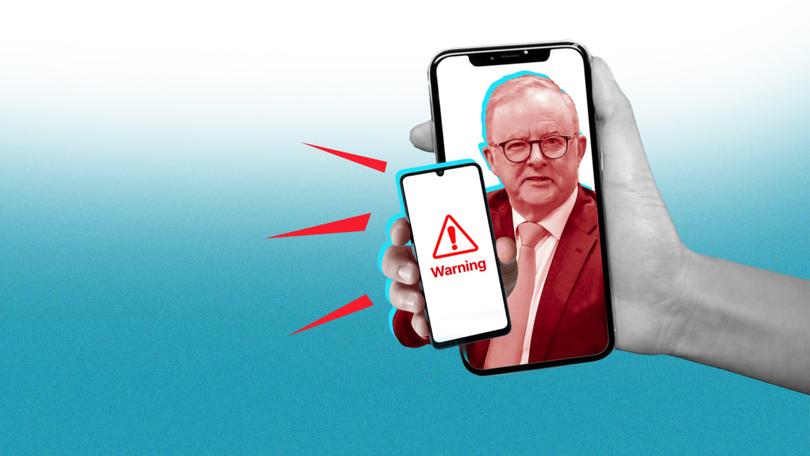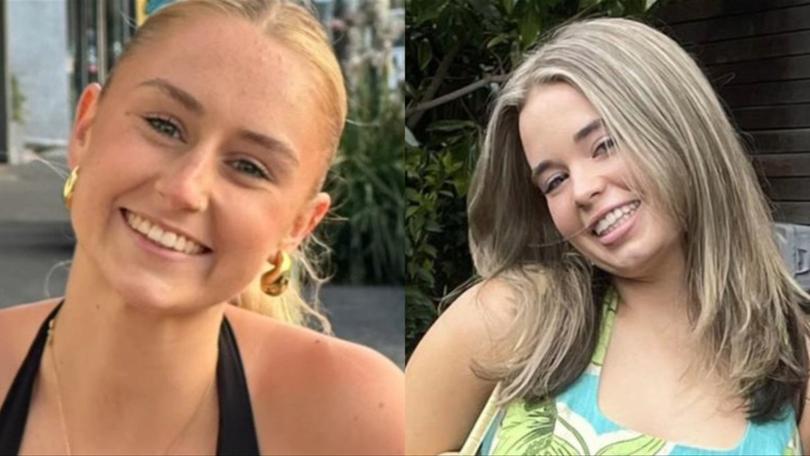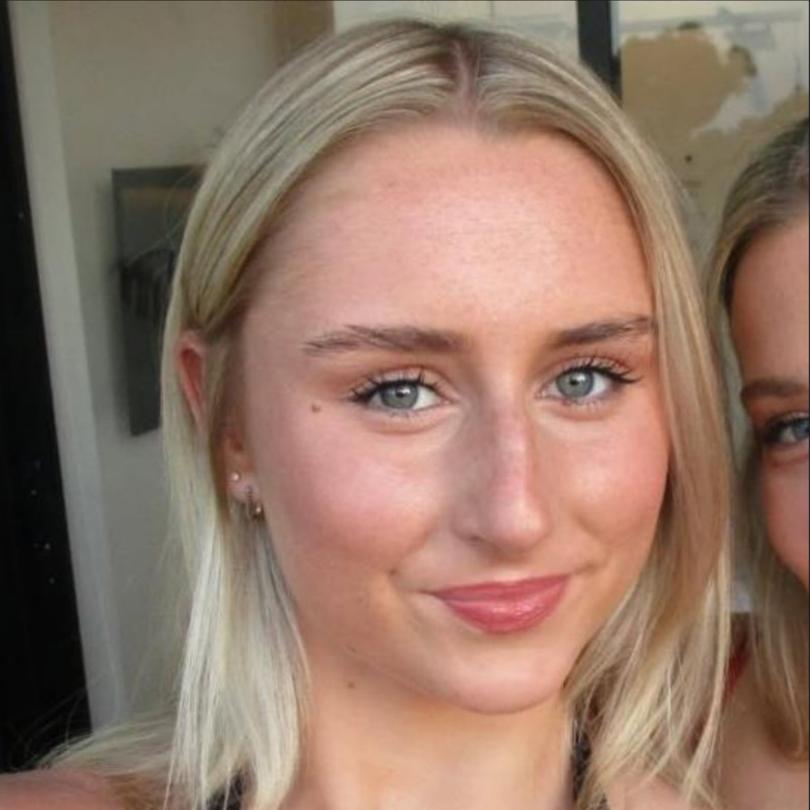JENI O’DOWD: By banning social media, the Government is shutting down a way to communicate crucial information
JENI O’DOWD: Young Australians deserve better than dry travel advisories and misplaced bans. They deserve real protections, modern messaging, and a Government willing to adapt.

Is the Albanese Government genuinely interested in protecting young Australians, or is it more focused on symbolic gestures in the lead-up to the next Federal election?
If safety is the goal, social media isn’t the enemy — it can be the solution. So why is the Government spending its time and energy on a symbolic ban to keep under-16s off platforms like TikTok while failing to use those same platforms to warn older teens about real, life-threatening risks?
Like thousands of other parents around Australia, I was shocked and saddened to read about the mass methanol poisoning in Laos, which has so far claimed six lives, including that of Melbourne teens Bianca Jones and Holly Bowles, both only 19.
Sign up to The Nightly's newsletters.
Get the first look at the digital newspaper, curated daily stories and breaking headlines delivered to your inbox.
By continuing you agree to our Terms and Privacy Policy.The pair were on a backpacking holiday when they unknowingly had tainted drinks in the popular tourist destination of Vang Vieng.
This tragedy isn’t an isolated event. Whether it’s backpacking in South-East Asia or celebrating schoolies at home, young Australians face growing dangers.
Last week, I joined thousands of parents across Australia in farewelling my school leaver and her friends to schoolies — a nerve-racking milestone for any family. As exciting as it is for them, the dangers feel inescapable.
From methanol-laced cocktails — nearly impossible to detect with their slightly sweet taste and mild odour masked by fruit juices or syrups — to drink spiking, needle spiking, and the lurking presence of toolies, the risks seem endless.

No one would ever suggest we stop kids from going to schoolies, but are we doing enough to protect them?
The new social media ban will require platforms like TikTok, Instagram, and Snapchat to take reasonable steps to prevent users from having an account. The ban will apply to kids 16 and under, while schoolies attendees are mostly 17 or 18.
So, after the law is passed, some will only have a year or less to navigate these platforms before finishing school.
This limited timeframe underscores the Government’s broader failure to understand social media’s integral role in young people’s lives.
Rather than banning platforms for younger teens, why not get them used to it to educate all young Australians about real dangers like methanol poisoning, drink spiking, and travel risks?
As I’ve said before, bullying is a genuine issue — but schools should be required to report bullies to the police or other authorities.
And MPs are kidding themselves if they think bans will stop anyone from going online. Think fake IDs, older siblings, or parents who see social media’s potential for good and monitor their kids’ use. It’s not about banning — it’s about teaching safe and responsible use.
Since when did the Government decide to parent our kids?
But back to the Laos tragedy. What makes methanol poisoning particularly dangerous is it is almost impossible for someone to notice they’re drinking contaminated alcohol.
Avoiding unregulated or homemade spirits is crucial, especially in countries like Laos, Cambodia and Indonesia, where production standards aren’t strictly enforced.
The government’s Smartraveller website provides travel advisories for various countries, including warnings about methanol poisoning, which was updated a few days ago after the Laos incident.
The Laos travel advice highlights the recent incidents of methanol poisoning among tourists and advises caution when consuming alcoholic beverages, especially spirit-based drinks like cocktails.
“We advise: Exercise normal safety precautions in Laos overall. Higher levels apply in some areas,” it reads.
I don’t know about you, but my teens wouldn’t read this very dry information before travelling overseas. But I do know they spend all their time on their phones and, like it or not, get much of their news from TikTok.
But the Albanese Government has demonised social media platforms like TikTok — and gone to war with social media companies — which could be a lifeline for delivering crucial safety messages.
Imagine a targeted campaign featuring influencers sharing engaging, bite-sized content on methanol poisoning and drink-spiking dangers.
Not only would a short, gripping video get more views than the tedious pages of Smartraveller, but it would also have the potential to go viral. And only young people who were born into the era of social media know how to do that.
A well-placed hashtag like #SafeSchoolies could spread life-saving advice faster than any traditional campaign.
Times have changed, and the Government’s messaging has not. Instead of trying to get on morning radio or television, they should engage with non-traditional sources.

When 7NEWS Australia posted the breaking news of Bianca’s death on TikTok, it reached 2.8 million views and nearly 1900 comments, including questions like “What is methanol?” This is exactly where young people are — and life-saving messages must be.
Young Australians deserve better than dry travel advisories and misplaced bans. They deserve real protections, modern messaging, and a Government willing to adapt.
Because while we can’t eliminate every danger, we can arm our kids with the knowledge they need to stay safe. And right now, we’re failing them.
